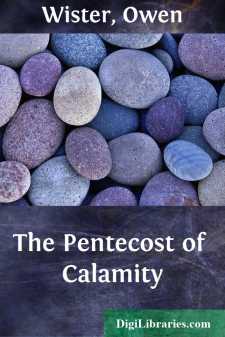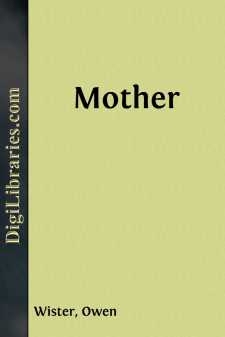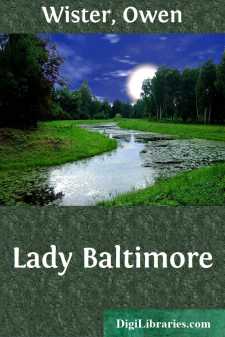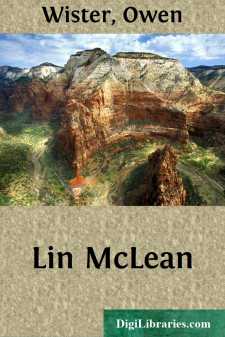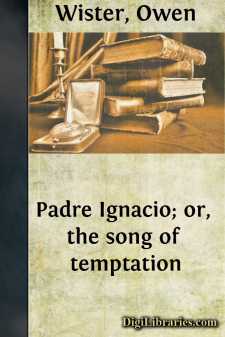Categories
- Antiques & Collectibles 13
- Architecture 36
- Art 48
- Bibles 22
- Biography & Autobiography 816
- Body, Mind & Spirit 145
- Business & Economics 28
- Children's Books 18
- Children's Fiction 14
- Computers 4
- Cooking 94
- Crafts & Hobbies 4
- Drama 346
- Education 58
- Family & Relationships 59
- Fiction 11834
- Foreign Language Study 3
- Games 19
- Gardening 17
- Health & Fitness 34
- History 1378
- House & Home 1
- Humor 147
- Juvenile Fiction 1873
- Juvenile Nonfiction 202
- Language Arts & Disciplines 89
- Law 16
- Literary Collections 686
- Literary Criticism 179
- Mathematics 13
- Medical 41
- Music 40
- Nature 179
- Non-Classifiable 1768
- Performing Arts 7
- Periodicals 1453
- Philosophy 66
- Photography 2
- Poetry 897
- Political Science 203
- Psychology 45
- Reference 154
- Religion 516
- Science 126
- Self-Help 86
- Social Science 82
- Sports & Recreation 34
- Study Aids 3
- Technology & Engineering 59
- Transportation 23
- Travel 463
- True Crime 29
Our website is made possible by displaying online advertisements to our visitors.
Please consider supporting us by disabling your ad blocker.
The Pentecost of Calamity
by: Owen Wister
Description:
Excerpt
I
By various influences and agents the Past is summoned before us, more vivid than a dream. The process seems as magical as those whereof we read in fairy legends, where circles are drawn, wands waved, mystic syllables pronounced. Adjured by these rites, voices speak, or forms and faces shape themselves from nothing. So, through certain influences, not magical at all, our brains are made to flash with visions of other days. Is there among us one to whom this experience is unknown? For whom no particular strain of music, or no special perfume, is linked with an inveterate association? Music and perfumes are among the most potent of these evocatory agents; but many more exist, such as words, sounds, handwriting. Thus almost always, at the name of the town Cologne, the banks of the golden stream, the German Rhine, sweep into my sight as first I saw them long ago; and from a steamer's deck I watch again, and again count, a train composed of twenty-one locomotives, moving ominous and sinister on their new errand. That was July 19, 1870. France had declared war on Prussia that day. Mobilization was beginning before my eyes. I was ten.
Dates and anniversaries also perform the same office as music and perfumes. This is the ninth of June. This day, last year, I was in the heart of Germany. The beautiful, peaceful scene is plain yet. It seems as if I never could forget it or cease to love it. Often last June I thought how different the sights I was then seeing were from those twenty-one locomotives rolling their heavy threat along the banks of the Rhine. And, for the mere curiosity of it, I looked in my German diary to find if I had recorded anything on last June ninth that should be worth repeating on this June ninth.
Well, at the end of the day's jotted routine were the following sentences: "I am constantly more impressed with the Germans. They are a massive, on-going, steady race. Some unifying slow fire is at work in them. This can be felt, somehow." Such was my American impression, innocent altogether, deeply innocent, and ignorant of what the slow fire was going to become. So were the peasants and the other humbler subjects of the Empire who gave me this daily impression; they were innocent and ignorant too. Therefore is the German tragedy deeper even than the Belgian.
On June twenty-eighth I was still in the heart of Germany, but at another beautiful place, where further signs of Germany's great thrift, order and competence had met me at every turn. It was a Sunday, cloudless and hot, with the mountains full of odors from the pines. After two hours of strolling I reëntered our hotel to find a group of travelers before the bulletin board. Here we read in silence the news of a political assassination. The silence was prolonged, not because this news touched any of us nationally but because any such crime must touch and shock all thoughtful persons.
At last the silence was broken by an old German traveler, who said: "That is the match which will set all Europe in a blaze." We did not know who he was....


